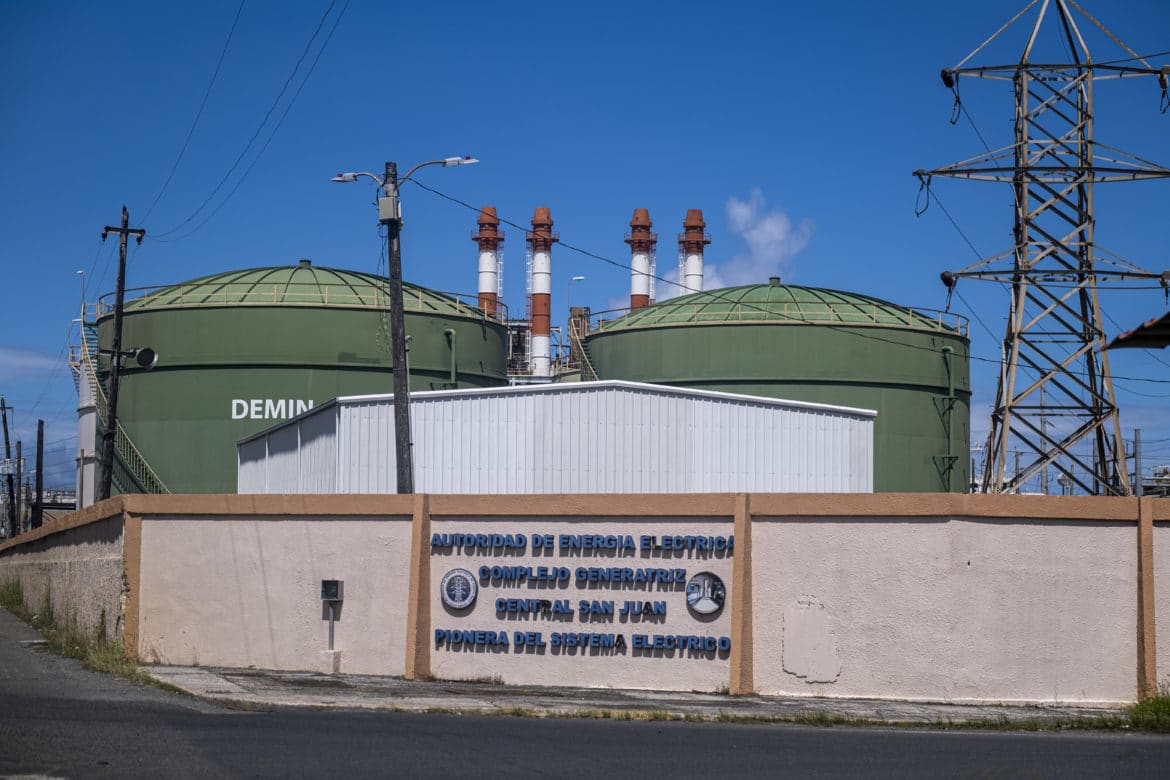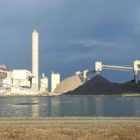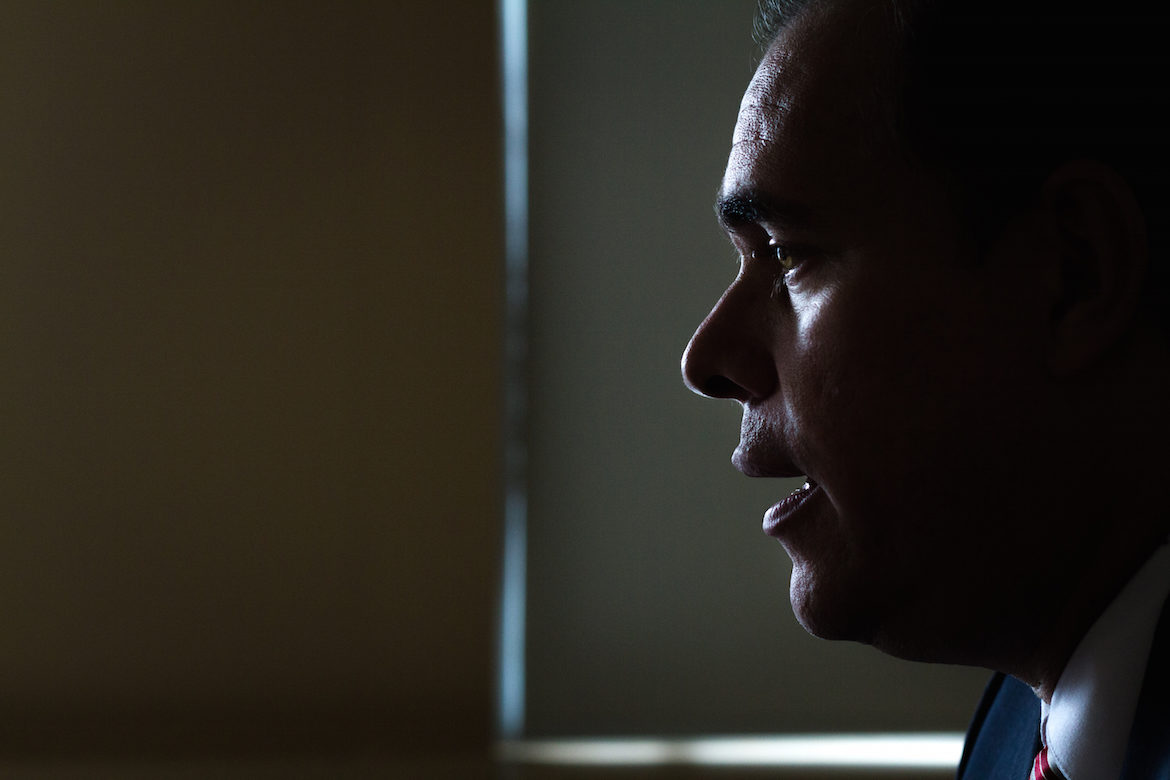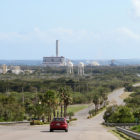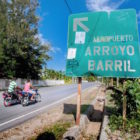El periodista Gerardo E. Alvarado León es el nuevo ganador de la beca de periodismo investigativo ambiental otorgada por el Instituto de Formación Periodística (IFP), brazo educativo del Centro de Periodismo Investigativo (CPI), anunció hoy la organización que atiende las necesidades de formación y apoyo de los reporteros de Puerto Rico y el Caribe. Alvarado León, quien trabaja para El Nuevo Día (GFR Media), se propone investigar los esfuerzos del gobierno para proteger las playas de Puerto Rico como principal recurso turístico del país. La beca, de $2,000, es la segunda de tres que se otorgarán este año para impulsar la realización de reportajes investigativos que los periodistas no siempre pueden completar en su rutina diaria. Alvarado León optó por la beca junto a otros participantes del taller de investigación ambiental titulado “¿Se sostiene el turismo sostenible en Puerto Rico?”, que ofreció en junio el IFP con el co-auspicio de la organización sin fines de lucro Para la Naturaleza. Unos 15 profesionales participaron de una experiencia formativa de dos días, que incluyó una visita a la reserva natural Cueva del Indio en Arecibo, donde dialogaron con líderes comunitarios y con el desarrollista de un proyecto en esa zona.


